Proactive adaptation
“Dual transformation” – combining digital transformation and green transformation – is becoming an inevitable global trend, with three main goals: Improving sustainable economic efficiency, increasing adaptability to climate change and reducing greenhouse gas emissions. In Vietnam, digital technology is expected to be the driving force for the green economic model, helping to reduce emissions, promote circular economy and sustainable consumption. Many enterprises have proactively integrated digital transformation goals into their development strategies, aiming for sustainable growth in the context of a volatile economy and environment.
Applying and practicing ESG has become an inevitable requirement for businesses.
Speaking to CAND Newspaper reporters, Mr. Le Thanh Son, Director of Commodity Business Division, Dak Lak 2-9 Import-Export Company Limited (Simexco Daklak) said that FTAs open up great opportunities for agricultural enterprises, but come with increasing requirements for sustainable development. This has prompted Simexco to pioneer the “dual transformation” model – combining green transformation and digital transformation.
With a network of 80,000 affiliated farmers, the company has gradually reduced emissions to zero, developed sustainable raw material areas according to international standards such as 4C, Rainforest Alliance, Fairtrade, and met EU anti-deforestation regulations. Currently, Simexco is implementing coffee production to meet the new anti-deforestation regulations of the European Union (EU), leading the global trend.
“Since 2009, Simexco has accompanied farmers and cooperatives in Dak Lak in sustainable coffee cultivation, improving processing procedures, enhancing product quality and income, while minimizing environmental impacts. With the ECO-Friendly criteria - Green transformation, the company has replanted 3.5 million seedlings, planted 2.8 million shade trees, developed intercropping models, saved water, used organic fertilizers, reduced emissions and promoted a circular economy,” said Mr. Son.
Simexco also applies technology to production management, traceability and monitoring of raw material areas, aiming to increase the value of Dak Lak coffee in the global market. In particular, Simexco Dak Lak has just inaugurated the No. 2 Sterilized Pepper Processing Plant in Buon Ma Thuot City - currently the largest factory in the Central Highlands in this field. With a capacity of 4,500 tons/year, integrating modern technology that meets international standards, the factory contributes to increasing Simexco's total sterilization processing capacity to 6,000 tons/year, meeting demanding markets such as the EU and the US.
“This is a strategic step to increase the value of exported pepper, expand the market and affirm the pivotal role of the enterprise in sustainable agricultural development in the Central Highlands,” said Mr. Thai Anh Tuan, General Director of Simexco.
Along with that, Ms. Nguyen Thi Huyen, General Director of Vietnam Cinnamon and Star Anise Export Joint Stock Company - Vinasamex said that in addition to quality, markets also require businesses to focus on sustainable development and commercial responsibility. The shift from value chain business to creating social impact, along with the application of ESG standards (environment, society, governance), helps businesses not only penetrate but also stand firm in demanding markets such as Europe, Japan, the US, and Korea. At the same time, businesses can access green capital and investment funds, increasing intangible values in addition to tangible values.
Accordingly, the tangible value may be only 500 billion VND, but the intangible value of the enterprise can be up to thousands of billions of VND. Therefore, "to compete in the global market, applying and practicing ESG becomes an essential requirement to help enterprises improve their position, expand their market and attract investment. Practicing ESG not only helps enterprises identify and minimize risks but also promotes sustainable development and saves costs. To be successful, enterprises need to have the right mindset and be proactive in this transformation process", Ms. Nguyen Thi Huyen emphasized.
Need long term investment
In fact, not only large enterprises, but also many small and medium enterprises (SMEs) are proactively adapting to the green trade policies of export markets, in order not to be left behind in the global playing field. Because, in this game, SMEs are the most vulnerable group in the "emissions market". When mechanisms such as CBAM, ESG standards and emission inventory requirements in the global supply chain are tightened, SMEs that cannot keep up will lose their competitiveness. In particular, multinational corporations will require suppliers to be transparent about their emission data - forcing SMEs to inventory if they want to maintain contracts.
From 2026, the EU will officially apply the EU Anti-Deforestation Regulation (EUDR). Along with that, major markets such as Korea, Japan, and the United States will also gradually require calculating the Product Carbon Footprint (PCF) for each product. This requires businesses to coordinate closely with farmers, processors, and logistics units to build a “transparent carbon chain” – for example, tracking all CO emissions from the growing to packaging stages of a container of exported bananas.
Dr. Dinh Thi Hai Van, Green Growth Research Institute, said that the pressure comes not only from legal regulations but also increasingly from the international market. Major importers in the EU, US, and Japan require businesses to be transparent about their carbon footprint, publish greenhouse gas reports, and practice ESG.
The EU CBAM mechanism will impose high taxes on goods with high emissions, while ESG investment funds and banks are increasingly tightening their funding standards. Early implementation of emission reduction and ESG application will help businesses maintain exports, improve management capacity, increase brand reputation, attract investment and catch up with sustainable development trends. “The journey to Net Zero is a long one – businesses that start early will reach the destination faster and more firmly,” Ms. Van emphasized.
Ms. Pham Thi Ngoc Thuy, Director of the Office of Division IV, commented that the pressure from environmental standards and sustainable development is increasing in most export sectors, not only in high-emission industries. Increasing logistics and transportation costs also reduce the competitiveness of enterprises. Many export enterprises are now facing strict requirements from international partners, such as sustainability reporting, data transparency and demonstrating commitment to transformation. While large enterprises have proactively adapted, most SMEs still face difficulties due to lack of information, financial resources, human resources and market connections.
According to Ms. Thuy, investing in ESG and green transformation is a long-term strategy, but many businesses still have to manage short-term cash flows and lack appropriate medium- and long-term financial mechanisms. Businesses need to start by complying with domestic and international laws and closely following ESG requirements in contracts to gradually integrate sustainable elements. At the same time, it is necessary to take advantage of cooperation with international partners in the supply chain and spread the culture of sustainable development internally.
Although ESG may initially be a burden, especially for SMEs, it is an inevitable direction. For ESG commitments to be realized, businesses need support from management agencies, experts, as well as experience sharing from pioneers in sustainable development.
Source: https://baolangson.vn/doanh-nghiep-tang-toc-dau-tu-xanh-de-giam-phat-thai-5051732.html


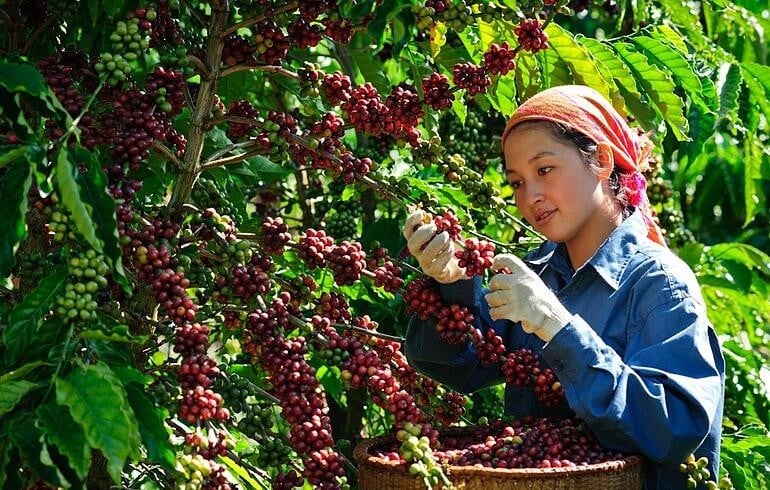
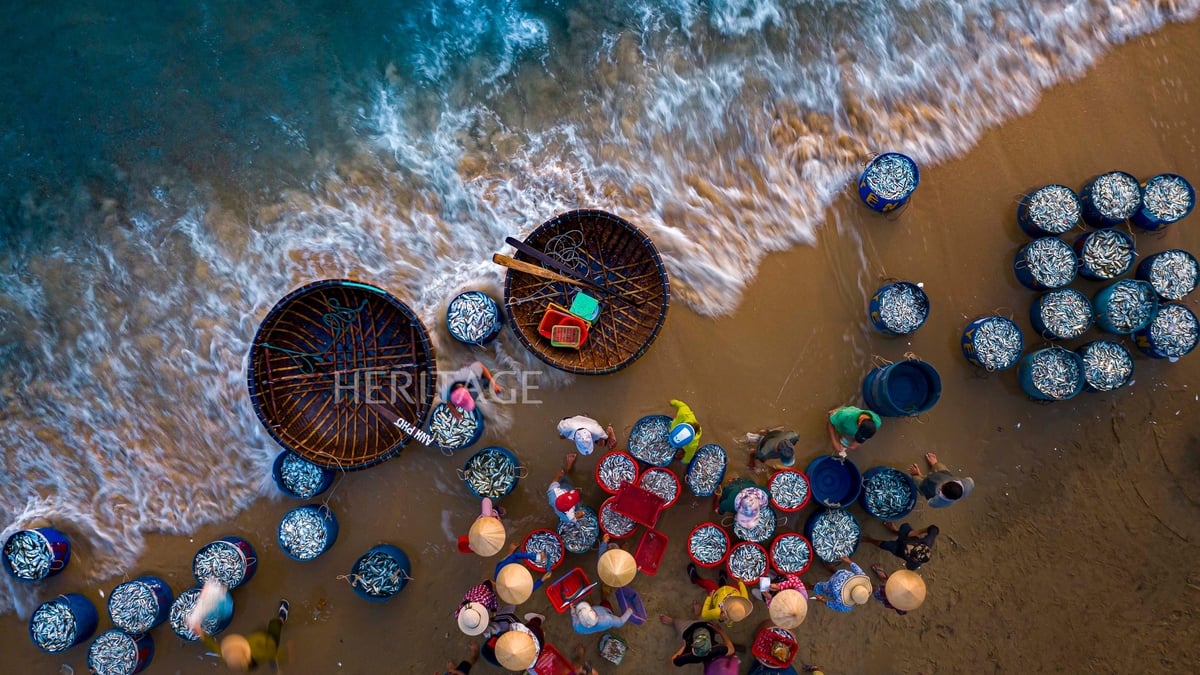

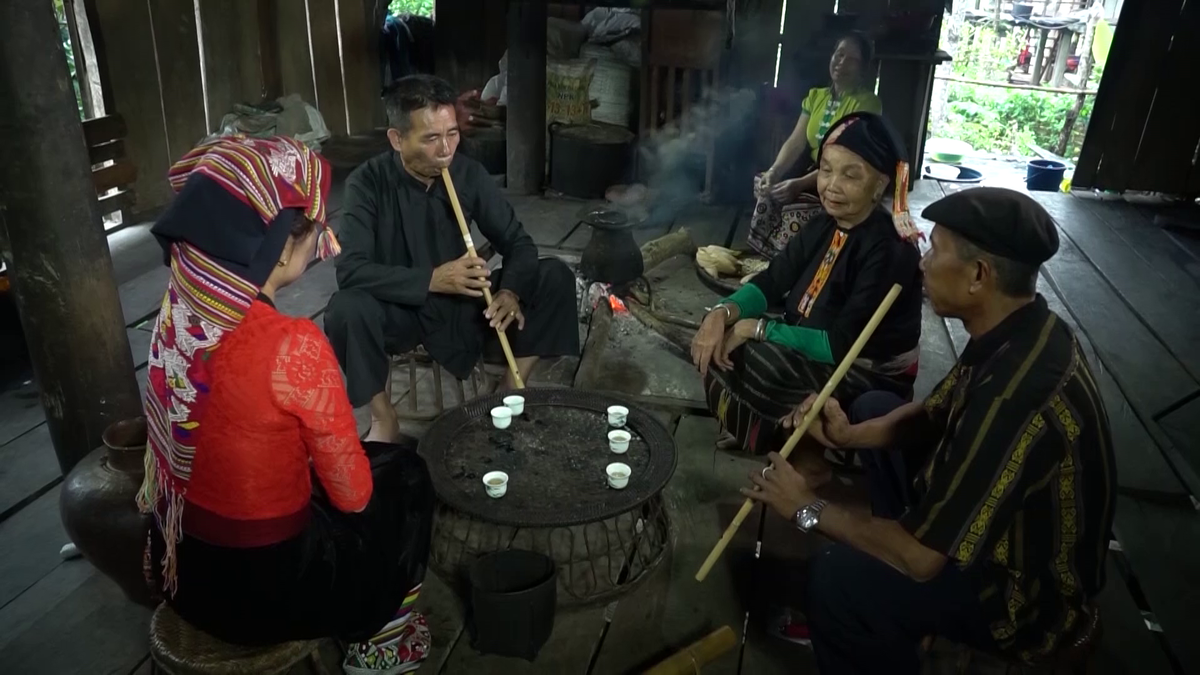
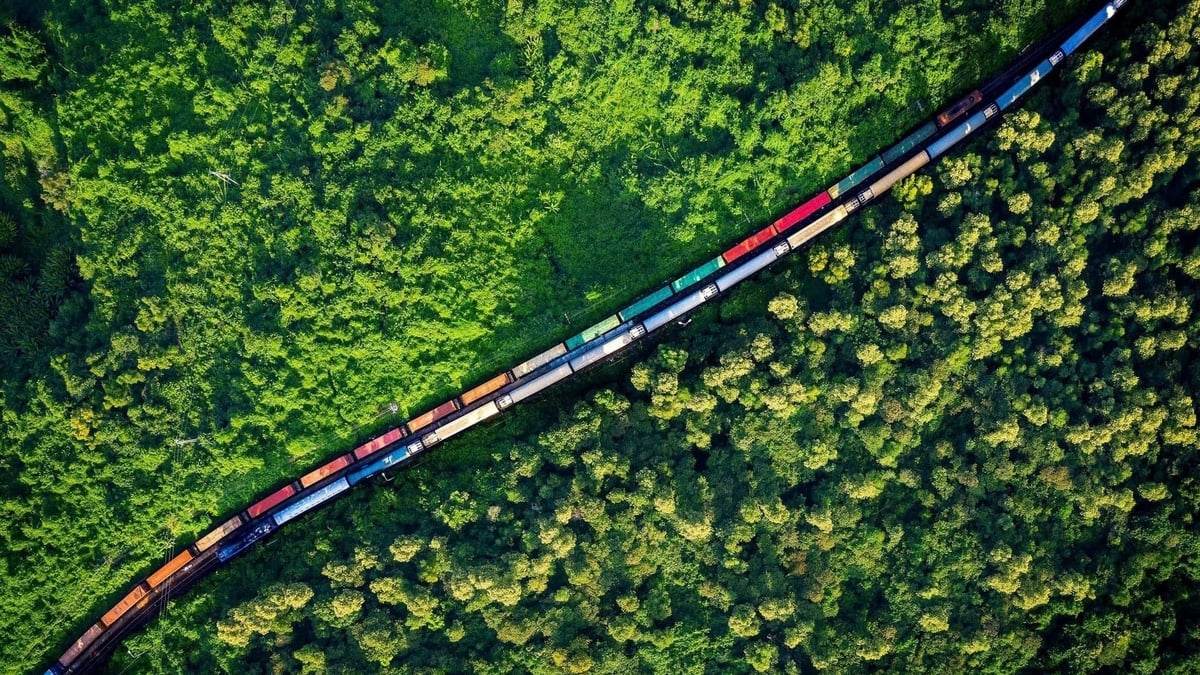


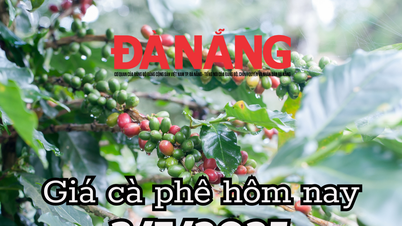




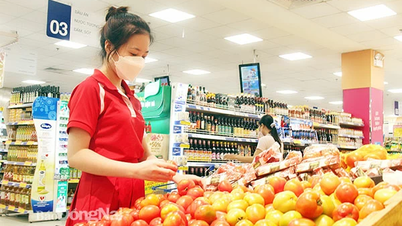
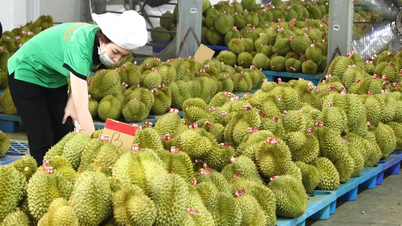

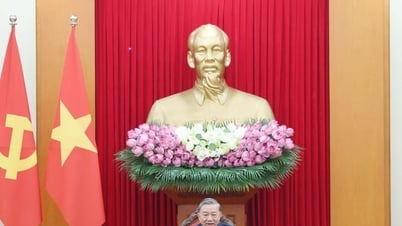





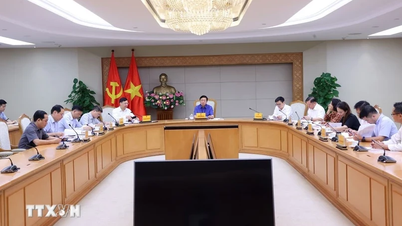
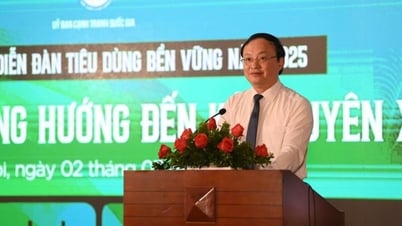
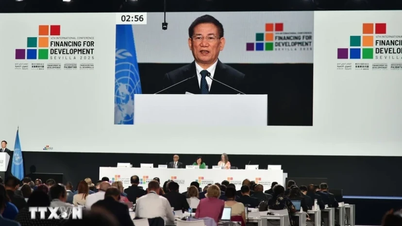
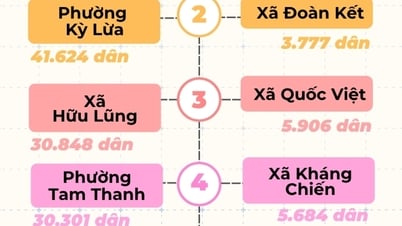
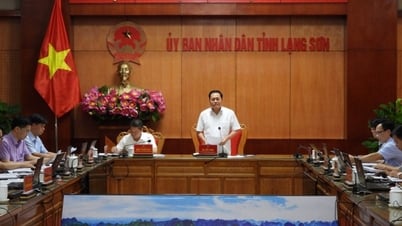
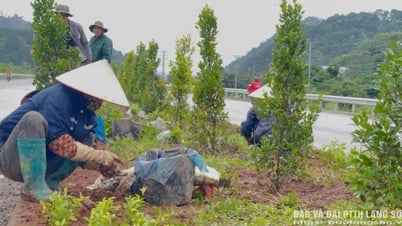

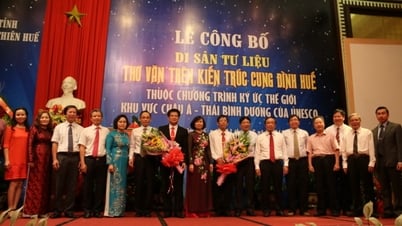

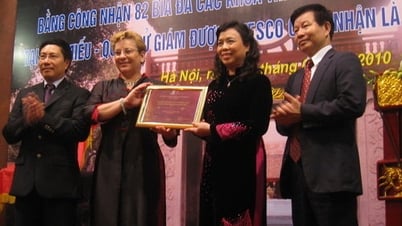



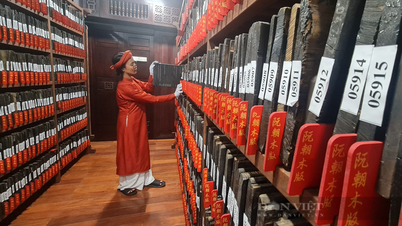





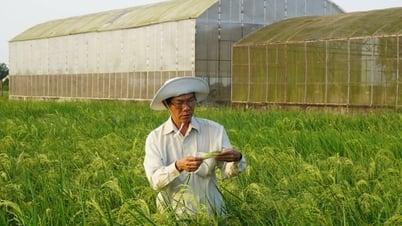

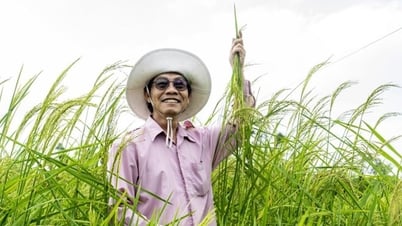

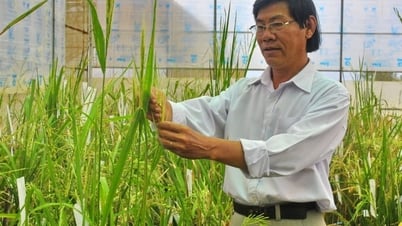

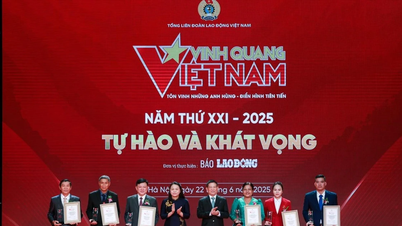



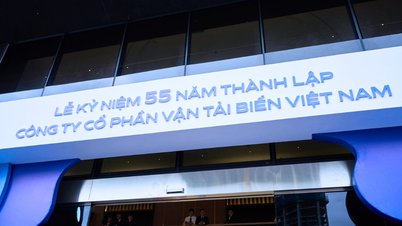

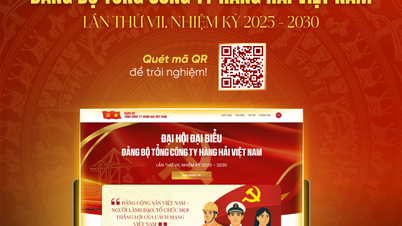
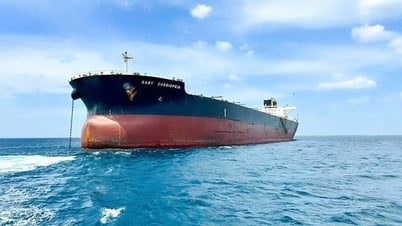
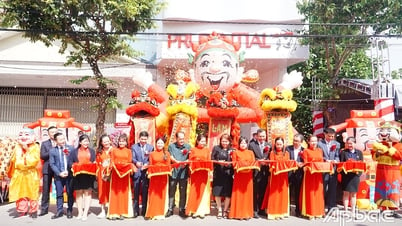



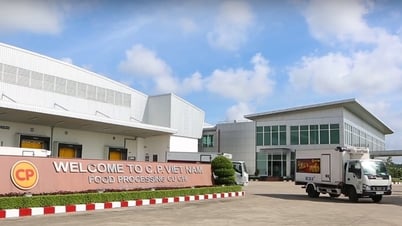


![[Photo] General Secretary To Lam attends the launch of 3 digital platforms serving the implementation of Resolution No. 57-NQ/TW](https://vphoto.vietnam.vn/thumb/402x226/vietnam/resource/IMAGE/2025/7/2/d7fb7a42b2c74ffbb1da1124c24d41d3)


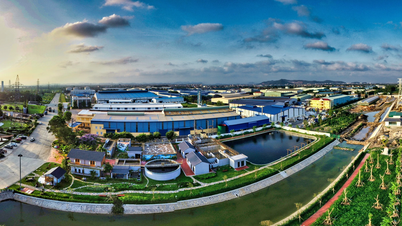

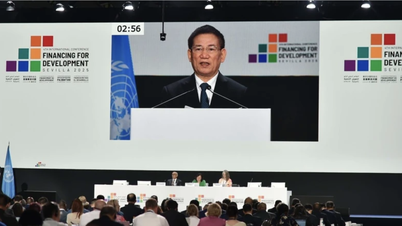


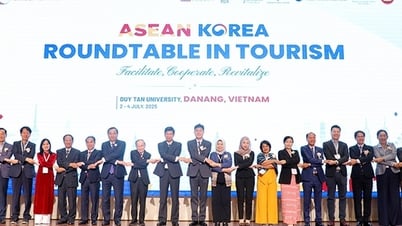

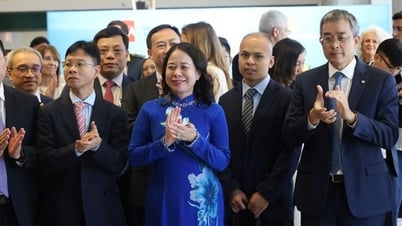


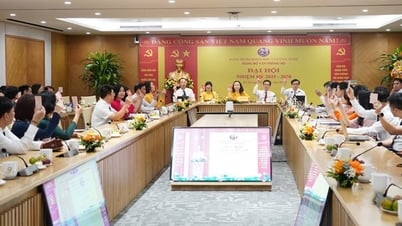
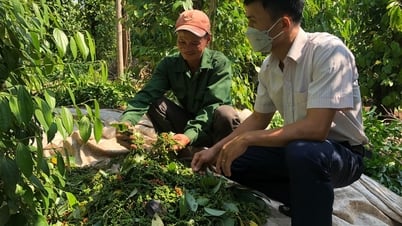

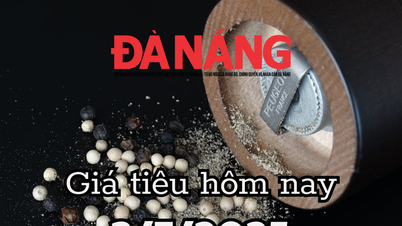
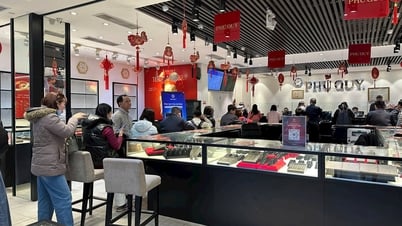
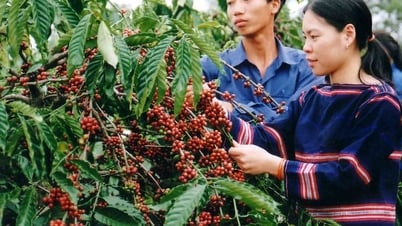
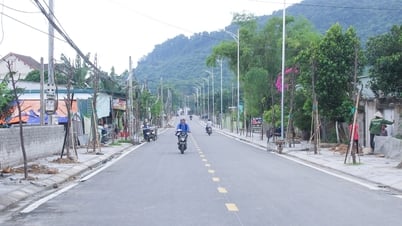
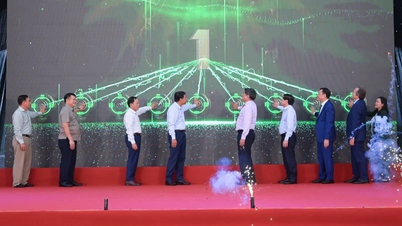
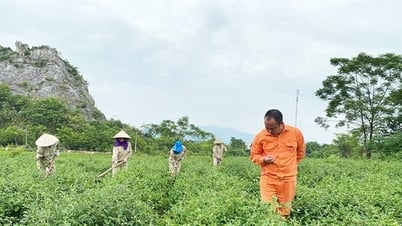
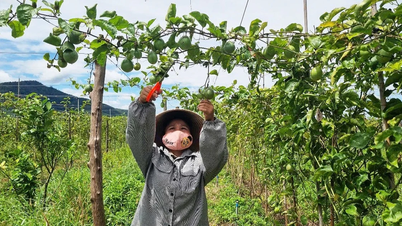



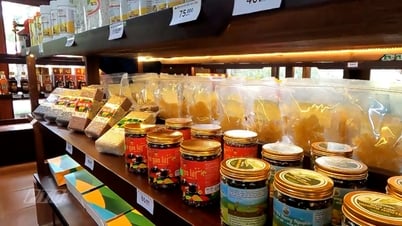




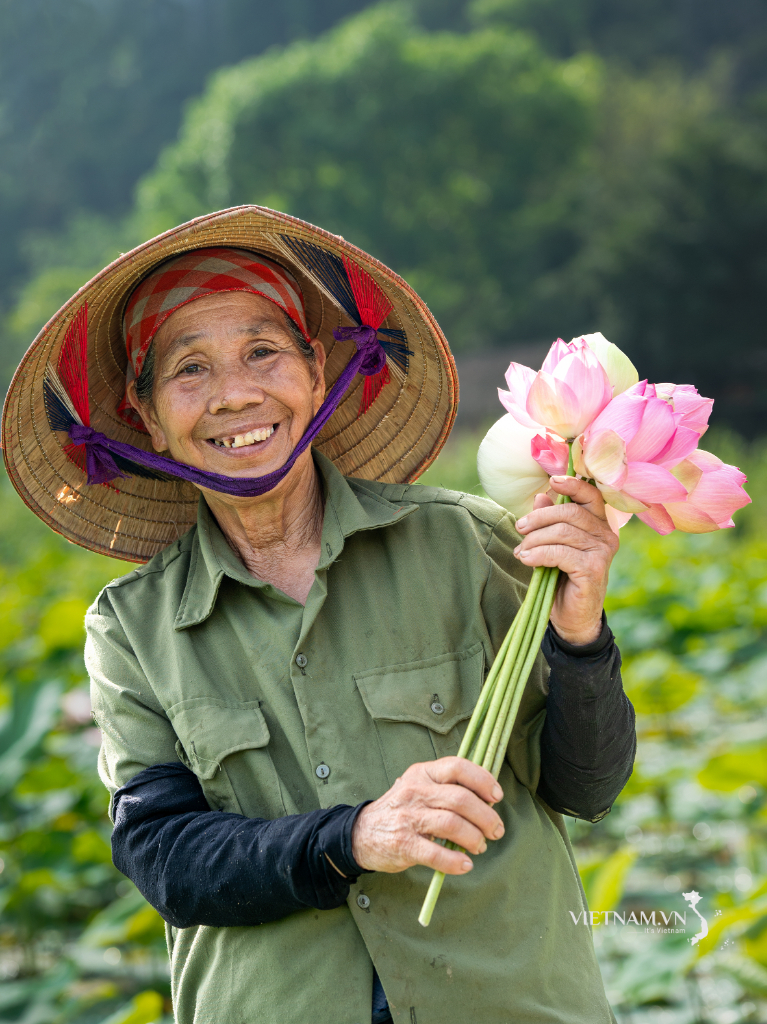


Comment (0)